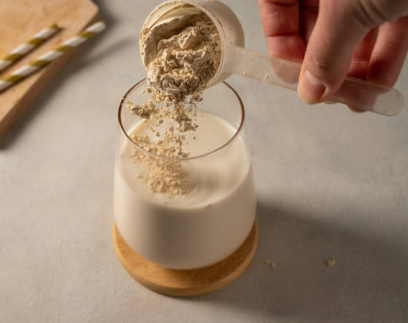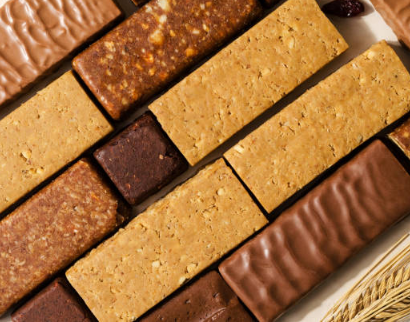So much protein, so little time. With so many types of protein supplements available these days, it can be difficult to choose the one that best suits your needs. Depending on your workout and lifestyle, one protein supplement may be more appropriate than another.
First, think about what you want from supplements. Do you want to gain muscle? Add more protein to your diet? Do you have any food restrictions or lactose intolerance? These are all questions to consider when choosing a protein supplement.

Then, decide if you prefer powder, sticks, or both. The type you ultimately choose will depend on your fitness goals, health restrictions, and taste preferences.
Types of Protein Supplements
The categories of protein supplements are complex. While whey protein powders have long been the most popular, people are starting to use a range of other products more frequently. For example, casein is similar to whey but digests more slowly. This can lead to a slowdown in protein release, which may be best if taken before bedtime.
If you’re lactose intolerant, pea protein is a great plant-based option. This powder is fat-free, cholesterol-free, gluten-free, and contains the same level of protein per serving as dairy. This can be an ideal option for people with specific dietary restrictions.
Soy, vegan, and brown rice protein powders are also plant-based protein powders (as opposed to dairy) that are easier to digest, and each has its own benefits. These types of proteins may be deficient or deficient in certain amino acids, such as cystine or lysine. However, they work well when they are used as a supplement to a balanced diet.
Basic Protein Shake Recipe
The standard combination of protein shakes is 2 scoops of protein powder and 1-½ cups of low-fat milk with a glass of ice. From there, you can add berries, cinnamon, chia seeds, bananas, or any other ingredient that sounds good for mixing.

Some people prefer to use coffee or orange juice instead of milk for their breakfast shakes. Others choose to add oatmeal or peanut butter for more texture and help them feel fuller throughout the day. How you make your milkshake is entirely up to you; The options for this meal replacement or post-workout snack are endless.
Take-and-Go Protein Bars
Protein bars are perfect for busy people who want to keep a protein bar or two in their bag and get on the road. While there are a variety of options and flavors, it’s important to read the label carefully. Some bars contain extra sugar, additives, or other ingredients that appear healthy but aren’t.
Protein bars can also be high in calories or fat. To choose your protein, look at the protein-to-carb ratio and aim for a 2:1 ratio. Make sure you get the most out of your snacks. While protein bars aren’t the best choice for a full-meal alternative, they’re great in a pinch as a pre-workout snack or to combat the afternoon slump.
If you’re concerned about the nutritional information in your store-bought energy bar, you can make an energy bar at home to control the ingredients in your energy bar. Although time-consuming, homemade protein bars are great for those who are concerned about the ingredients of protein supplements.
For people who are just getting started with different types of protein supplements, these options may seem dizzying at first, but now you know where to start. Otherwise, the protein supplement you choose may be the result of some trial and error.